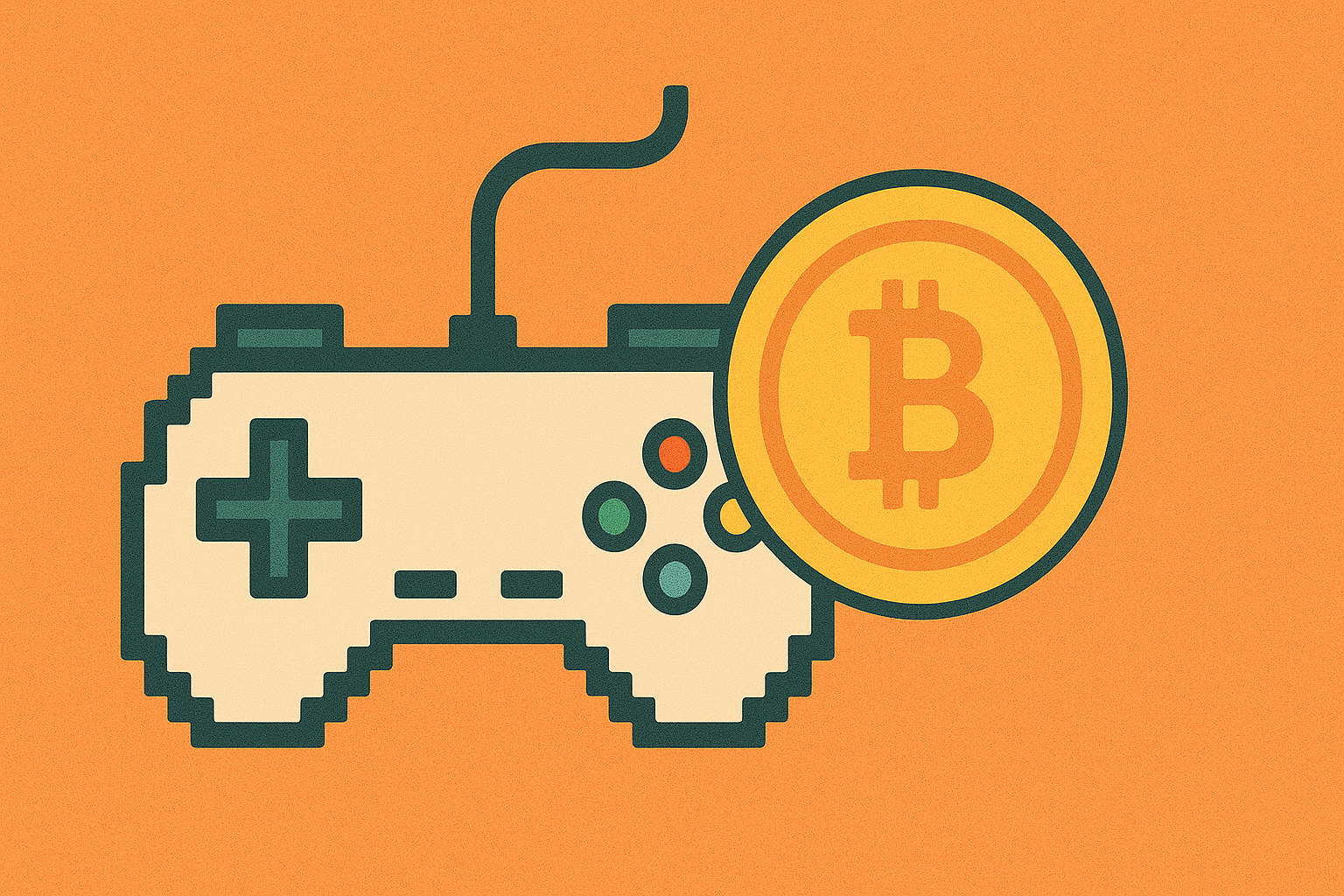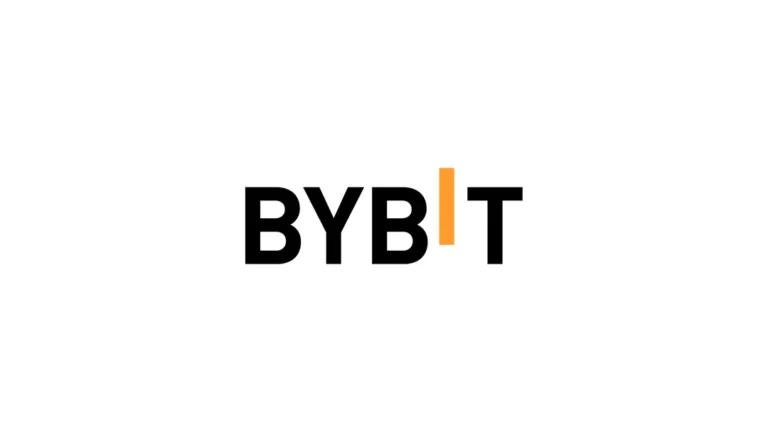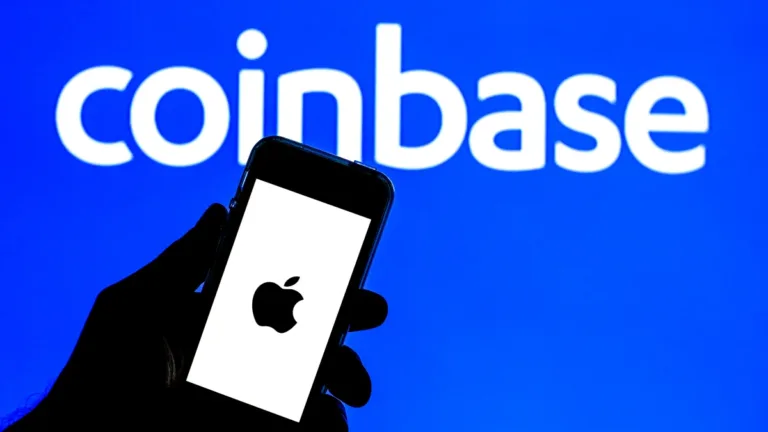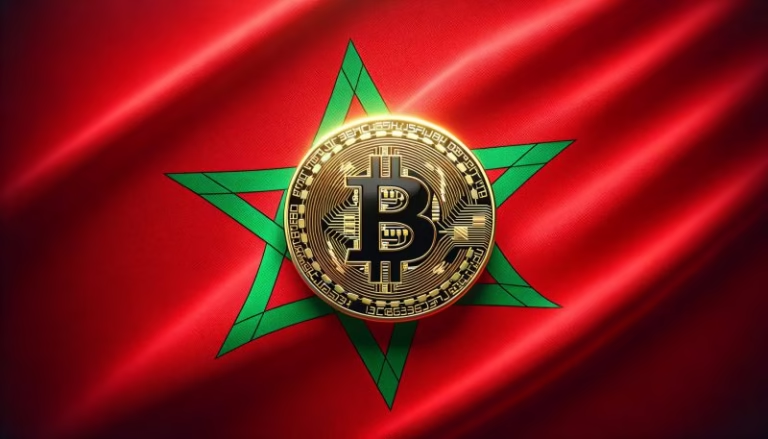Crypto games are no longer just a trend. They’re everywhere. From casual chats in group messages to viral tweets and YouTube reels, everyone seems to know someone who’s earning money while playing. What started as a niche hobby has grown into something people take seriously. It’s not just about high scores or daily rewards anymore. Now, players are walking away with crypto tokens, NFTs, and in some cases, real income.
People aren’t just logging in for fun. They’re logging in to earn, to build, and to own. That mix of entertainment and potential financial gain is what’s pulling so many into the world of blockchain-based games. For many people, that combination is hard to walk away from.
What Are Crypto Games and Why Are They So Popular?
Crypto games are video games that integrate cryptocurrency and blockchain technology into the gaming experience. Instead of earning in-game currency that stays locked inside the game, players earn tokens or assets that can be used outside of the game. These might be NFTs, in-game coins, or characters that hold real-world value and can be sold, traded, or staked.
The idea of “play to earn” isn’t just a marketing term. It’s one of the main reasons crypto games keep growing. People like the idea of getting rewarded for the time and effort they spend playing. And it doesn’t hurt that some of these games are genuinely fun, interactive, and competitive.
Why Do People Keep Coming Back to Crypto Games?
Crypto games tap into a powerful mix of human behavior: fun, challenge, and the chance to earn money. For some, it’s just entertainment. For others, it’s a side hustle or even a full-time income stream.
Here are a few things that make people return to these games:
Ownership Feels Better Than Renting
In traditional games, everything you earn stays within the game. If the game shuts down or your account gets banned, it’s gone. But in crypto games, assets are stored on the blockchain. You own your character, your land, your weapons, or whatever assets you acquire. That sense of ownership keeps players more invested.
Earning Money While Playing Feels Productive
Gaming used to be something people did just for fun. Now, crypto games let you earn while you play. Some people earn tokens they can exchange for real money. Others sell their NFT-based assets for profit.
Community Keeps the Game Alive
Most crypto games have strong communities. These communities live on Discord, Twitter, Telegram, and even Reddit. People share tips, help each other, trade assets, and celebrate wins. That shared connection makes the experience more social and less isolating.
How Do Crypto Games Work?
At the core of most crypto games is blockchain technology. This tech allows digital assets in the game to be stored securely and tracked. It also makes it possible to trade those assets between players without needing a middleman.
Here’s how a typical crypto game might work:
- You sign up and connect your digital wallet (like MetaMask)
- You receive or buy an NFT that represents your character or asset
- As you play, you earn in-game tokens or more NFTs
- You can sell, trade, or stake those tokens on platforms like OpenSea or decentralized exchanges
Some games also have governance tokens, allowing players to vote on game development decisions. That means you’re not just a player. You have influence too.
What Are Some Examples of Popular Crypto Games?
There are a few big names that keep popping up in the crypto gaming space:
Axie Infinity
One of the first major names in crypto gaming. Players breed, train, and battle Axies (cute fantasy creatures), earning tokens like SLP and AXS. At its peak, people in countries like the Philippines used Axie Infinity to earn more than their local monthly wage.

Gods Unchained
A card-based game where players build decks and battle, similar to Magic: The Gathering. The twist is that the cards are NFTs, and you can sell them on a marketplace.
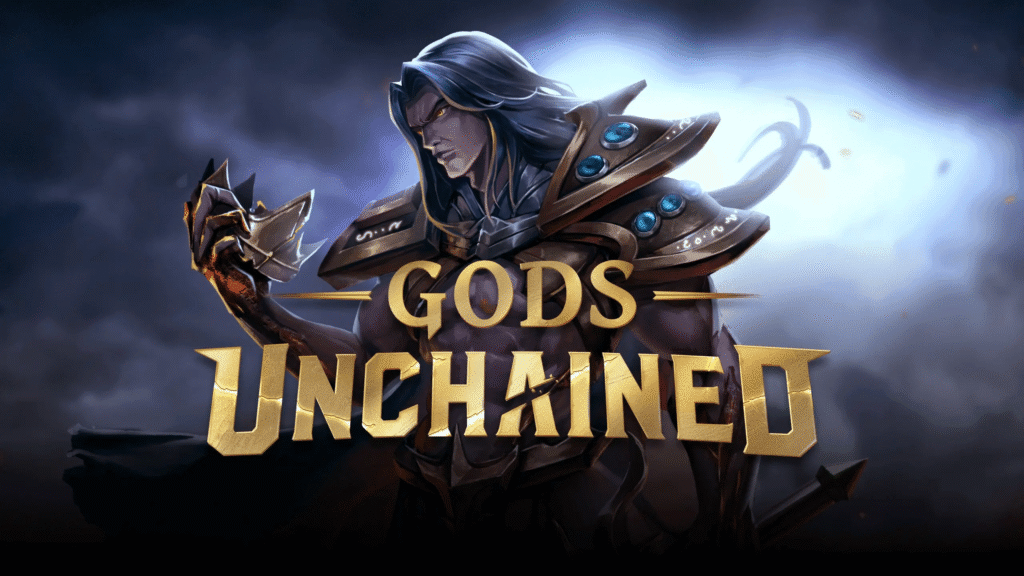
The Sandbox
A virtual world where players buy land, build structures, and create experiences. It’s like Minecraft with the added bonus of owning the digital land you build on.

Decentraland
Another virtual space where people socialize, attend events, and trade real estate. The land here is limited and owned as NFTs. Users can even rent out their plots for events or ad placements.
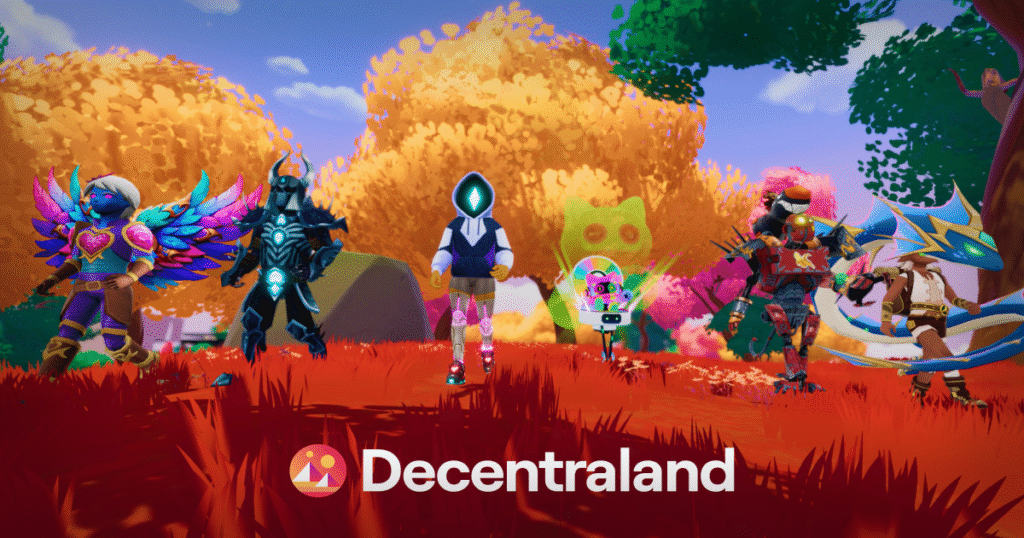
Star Atlas
A sci-fi strategy game based in space exploration, offering complex gameplay and economic features. Ships, planets, and weapons are all NFTs, and there’s an active in-game economy.
These games vary in complexity and style, but they all follow the same general rule: play, earn, and trade.

Are Crypto Games Free to Play?
Not all of them. Some games are free to start but have options to upgrade using real or crypto money. Others require you to purchase NFTs to begin playing. This has caused some backlash in the gaming community, especially when the entry cost becomes too high.
However, newer games are focusing on a model called “free to play to earn” where players can start without spending anything and earn their way up. This helps attract more users and keeps the barrier to entry low.
There are also scholarship programs, where experienced players or investors lend their game assets to new players in exchange for a share of the earnings. This model has helped people in lower-income countries gain access to crypto games without upfront costs.
Can You Really Make Money With Crypto Games?
Yes, but it’s not always as easy as people make it seem. There are success stories, but also plenty of players who earn very little or end up spending more than they earn.
Income from crypto games depends on:
- The game’s token economy
- How much time you invest
- Your in-game strategy
- Market conditions
- Token prices
Some players earn by flipping NFTs. Others earn through staking, winning battles, or completing missions. Like any market, prices go up and down, and there’s no guaranteed income. Still, for people who enjoy gaming, even small earnings can make the experience more rewarding.
What Are the Risks of Playing Crypto Games?
It’s not all fun and profits. Crypto games come with real risks that players should understand.
Volatility
Token prices can drop quickly. What was once worth 10 dollars might be worth 1 dollar tomorrow.
Scams and Fake Projects
The space is still young, and there are many fake games out there. Some projects raise money, launch a game, then disappear with the funds. This scam is known as a rug pull.
Technical Issues
Bugs, server downtime, or wallet problems can lock users out or affect gameplay.
Regulation
Governments around the world are still figuring out how to handle crypto. Some games may become unavailable due to new laws or policy changes.
To reduce these risks, always research before joining a game. Read the whitepaper, check if the developers are public, and look for real community engagement before spending money or linking your wallet.
Are Crypto Games the Future of Gaming?
Crypto games are not replacing traditional games, but they’re opening up a new path. Many big game studios are already testing blockchain integration. Ubisoft and Square Enix, for example, have expressed interest in digital ownership through NFTs.
Players want more control, and crypto gaming gives them that. It shifts the dynamic from “you play and spend” to “you play and earn or own.” That shift is what makes crypto games different and appealing.
Still, most successful crypto games balance two things well: being fun to play and giving real value. If a game is only about making money, people eventually lose interest. But if it’s fun and rewarding, it becomes something worth coming back to daily.
The reason people can’t stop playing crypto games is simple. It’s not just about entertainment anymore. It’s about owning what you earn, feeling part of a growing community, and having a chance to gain something more from your time online. For many, it’s no longer a hobby but a way to connect, earn, and build something that lasts beyond the screen. As long as the games stay fun and the rewards feel fair, it’s clear this trend isn’t slowing down anytime soon.

